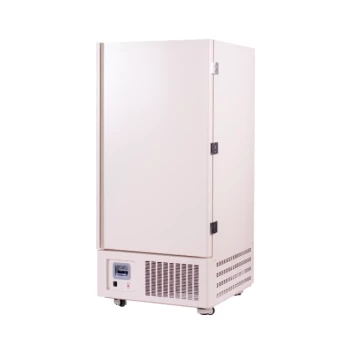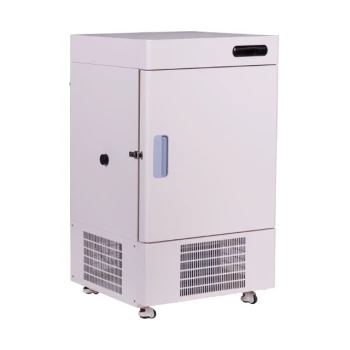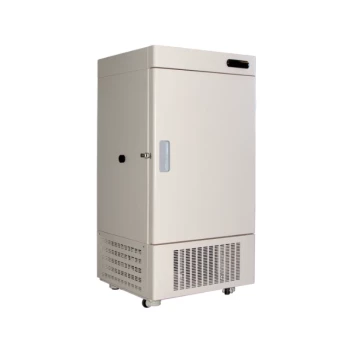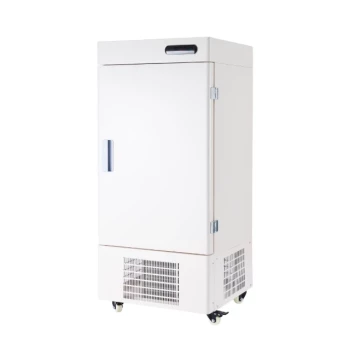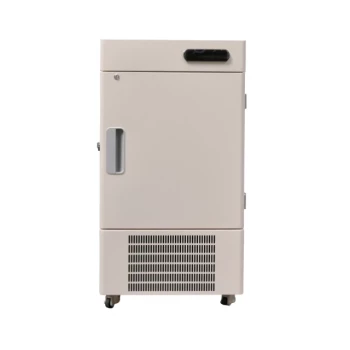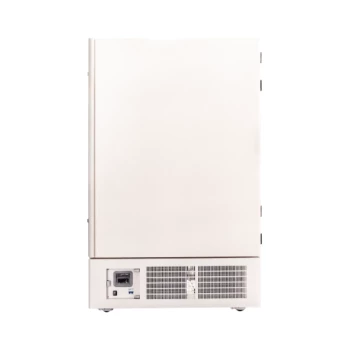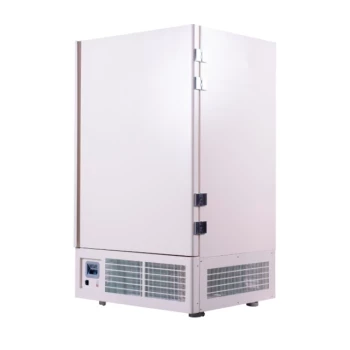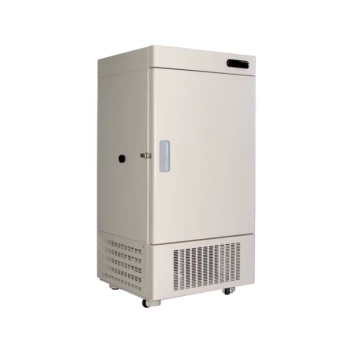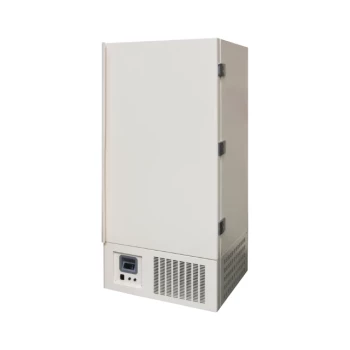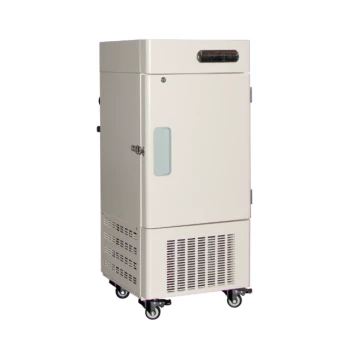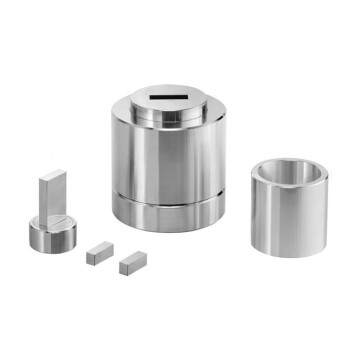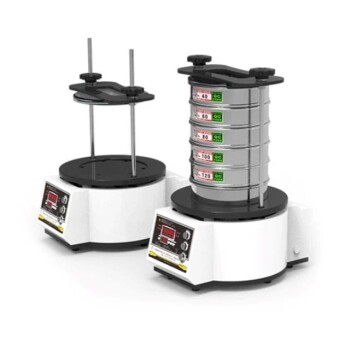At their core, ultra-low temperature (ULT) freezers are designed to halt biological time. They are essential for the long-term preservation of a wide array of sensitive materials whose integrity is paramount for research, clinical, and pharmaceutical applications. These materials include cells, tissues, organs, critical biomolecules like proteins and mRNA, and various biopharmaceuticals such as vaccines.
Ultra-low temperature storage is essential for any material whose biological function or structural integrity would be compromised by molecular activity. By reaching temperatures as low as -86°C, these freezers effectively stop the enzymatic and chemical processes that lead to degradation, ensuring samples remain unchanged and viable for years or even decades.
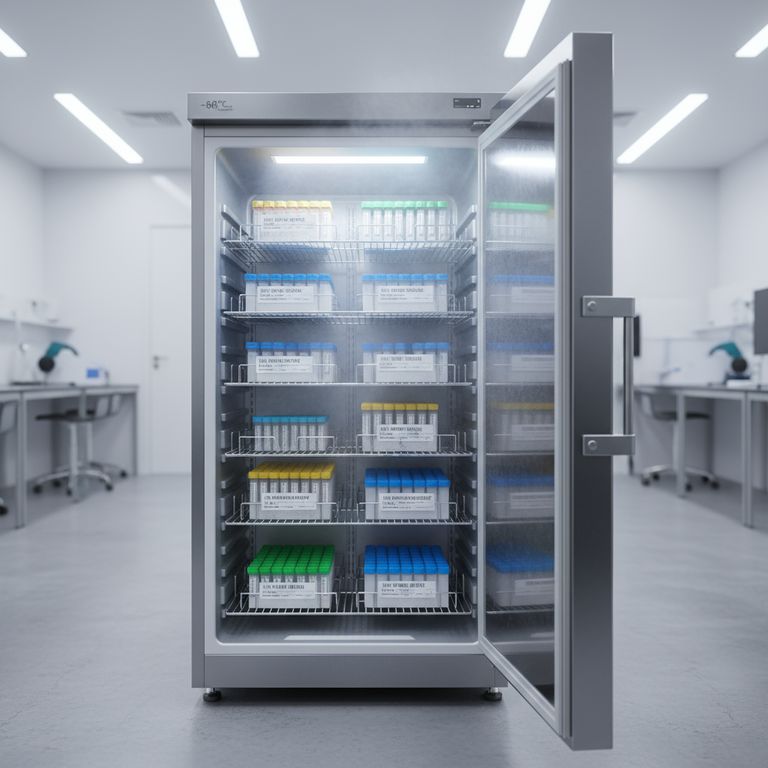
Why Ultra-Low Temperatures Are Necessary
The fundamental purpose of a ULT freezer is to bring biological samples to a state of suspended animation. At ambient or even standard freezer temperatures, molecular motion continues, leading to the gradual decay of complex biological structures.
Halting Molecular and Enzymatic Activity
At the extreme cold of a ULT freezer (-40°C to -86°C), virtually all enzymatic reactions and metabolic processes cease. This is the single most important factor in long-term preservation.
This cryogenic state prevents proteins from denaturing, stops enzymes like RNases from degrading delicate RNA molecules, and arrests cellular processes like apoptosis (programmed cell death).
Ensuring Long-Term Viability
For longitudinal studies, clinical trials, and biobanking, samples must remain consistent over many years. ULT storage is the only way to guarantee that a sample tested today is functionally identical to one that will be tested a decade from now.
This stability is the foundation of reproducible scientific research and the safe storage of life-saving biological therapies.
A Categorical Breakdown of Stored Materials
While the list of materials is diverse, it can be grouped into several key categories based on their application and biological nature.
Cellular and Tissue Samples
This is perhaps the most common use case. It includes primary cells from patients, immortalized cell lines for research, and tissue biopsies for diagnostics or pathology.
Forensic labs also rely on ULT freezers to preserve biological evidence, ensuring DNA and other biomarkers are not compromised over time.
Nucleic Acids and Proteins
Biomolecules are the building blocks of life, and many are incredibly fragile. ULT freezers are critical for storing:
- RNA (including mRNA): Extremely prone to rapid degradation by ubiquitous enzymes.
- Proteins and Enzymes: Can easily denature or lose their functional activity if not kept stable.
- Oligonucleotides: Used in genetic testing and synthesis.
These materials are the bedrock of genomics, proteomics, and molecular biology research.
Vaccines and Biopharmaceuticals
The development and distribution of modern biological drugs, especially vaccines, rely heavily on a stable "cold chain."
Complex products like mRNA vaccines and monoclonal antibodies must be kept at ultra-low temperatures to maintain their specific three-dimensional structure, which is directly tied to their efficacy and safety.
Understanding the Trade-offs: Upright vs. Chest Freezers
The physical design of a ULT freezer has significant implications for its use in the laboratory. The choice is not merely about preference but about balancing accessibility with sample stability.
Upright Freezers: Accessibility and Organization
Upright models are the most common in lab settings. Their shelved design allows for easy organization with racks and boxes, making it simple to locate and retrieve specific samples quickly.
However, opening the door exposes all contents to ambient air, causing a temporary rise in temperature and requiring the system to work harder to recover. This design is best for samples that are accessed frequently.
Chest Freezers: Stability and Efficiency
Chest freezers are inherently more stable. Cold air is denser than warm air, so when the lid is opened, the frigid air tends to stay inside the chamber, minimizing temperature fluctuations.
This makes them more energy-efficient and ideal for the long-term, archival storage of invaluable samples that are rarely accessed. The primary drawback is difficulty in organizing and retrieving items from the bottom.
How to Apply This to Your Project
Your choice in storage strategy is a critical investment in the integrity and future value of your biological samples.
- If your primary focus is long-term biobanking or archiving: A chest freezer is often the superior choice for its unmatched temperature stability and energy efficiency.
- If your primary focus is frequent sample access in a busy lab: An upright freezer provides better organization and faster retrieval, which can be crucial for daily workflows.
- If your primary focus is preserving highly sensitive biomolecules like mRNA: Prioritize a freezer with excellent temperature uniformity and rapid post-opening recovery to minimize any potential for degradation.
Ultimately, understanding why a sample needs ULT storage is the first step toward guaranteeing its long-term scientific value.
Summary Table:
| Material Category | Examples | Key Preservation Need |
|---|---|---|
| Cellular & Tissue Samples | Primary cells, cell lines, tissue biopsies, forensic evidence | Halts apoptosis and degradation to ensure viability and DNA integrity. |
| Nucleic Acids & Proteins | RNA/mRNA, proteins, enzymes, oligonucleotides | Prevents enzymatic degradation and denaturation to maintain functionality. |
| Vaccines & Biopharmaceuticals | mRNA vaccines, monoclonal antibodies | Preserves complex 3D structure for drug efficacy and safety. |
Ensure the integrity of your most critical biological samples with the right ultra-low temperature storage solution. KINTEK specializes in providing reliable lab equipment, including ULT freezers, to meet the demanding needs of research, clinical, and pharmaceutical laboratories. Whether you require the easy access of an upright model or the superior stability of a chest freezer for long-term biobanking, our experts can help you select the ideal equipment to protect your valuable materials. Contact KINTEK today to discuss your laboratory's preservation needs and safeguard your research investments.
Visual Guide
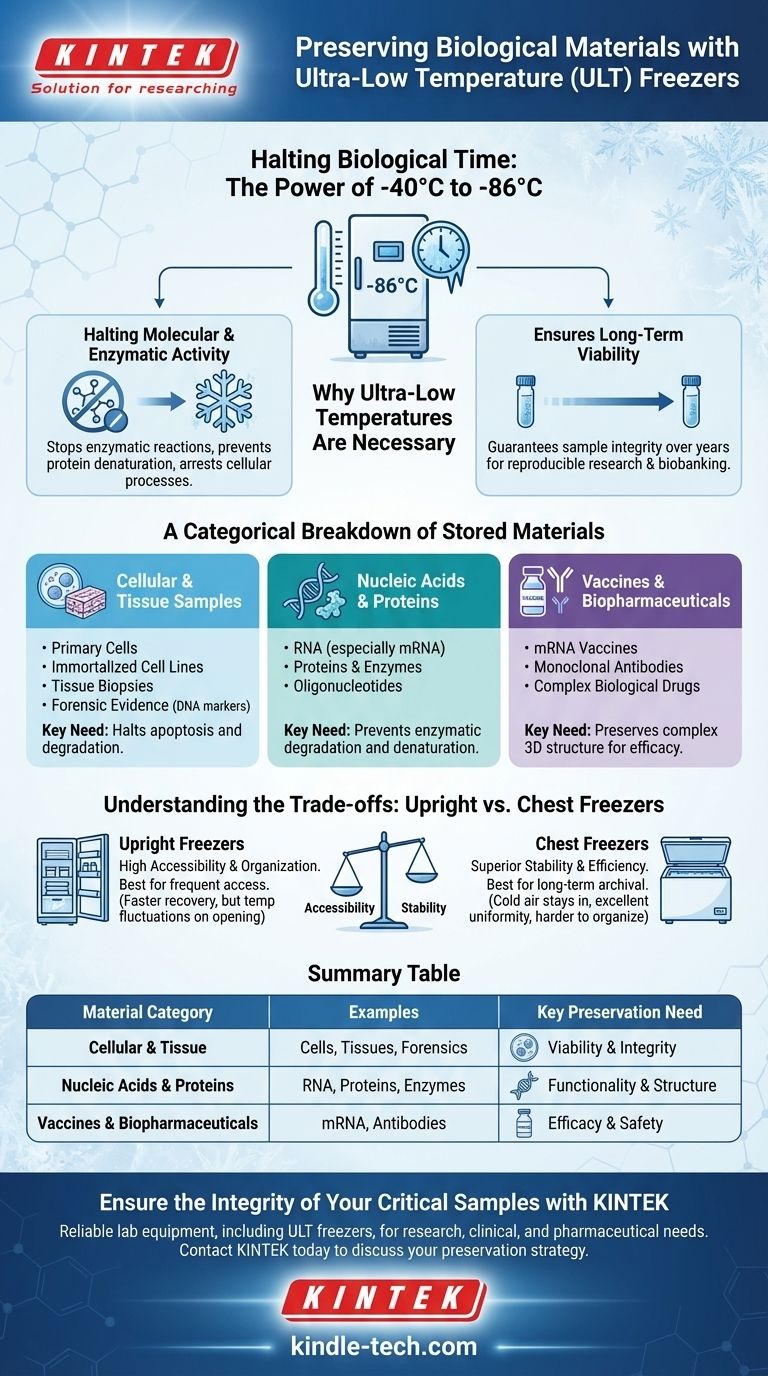
Related Products
- 408L Advanced Vertical Laboratory Ultra Low Temperature Freezer for Critical Research Material Preservation
- 108L Vertical Ultra Low Temperature ULT Freezer
- 508L Advanced Vertical Ultra Low Temperature Freezer for Critical Laboratory Storage
- 308L Precision Ultra Low Temperature Freezer for Laboratory Applications
- 708L Ultra Low Temperature Freezer High Performance Laboratory Freezer
People Also Ask
- How are advancements in compressor technology and refrigerant fluids improving ULT freezers? Boost Efficiency & Cut Costs
- What are the key features to look for in an ultra-low temperature freezer for mRNA vaccine storage? Essential Features for Absolute Vaccine Integrity
- What are ultra-low temperature freezers designed for? Preserving Your Most Valuable Biological Samples
- How does fast temperature recovery benefit ultra-low freezers? Protect Sample Integrity and Lab Efficiency
- Why are ULT freezers considered vital equipment in labs? Ensuring Uncompromised Sample Integrity for Critical Research
